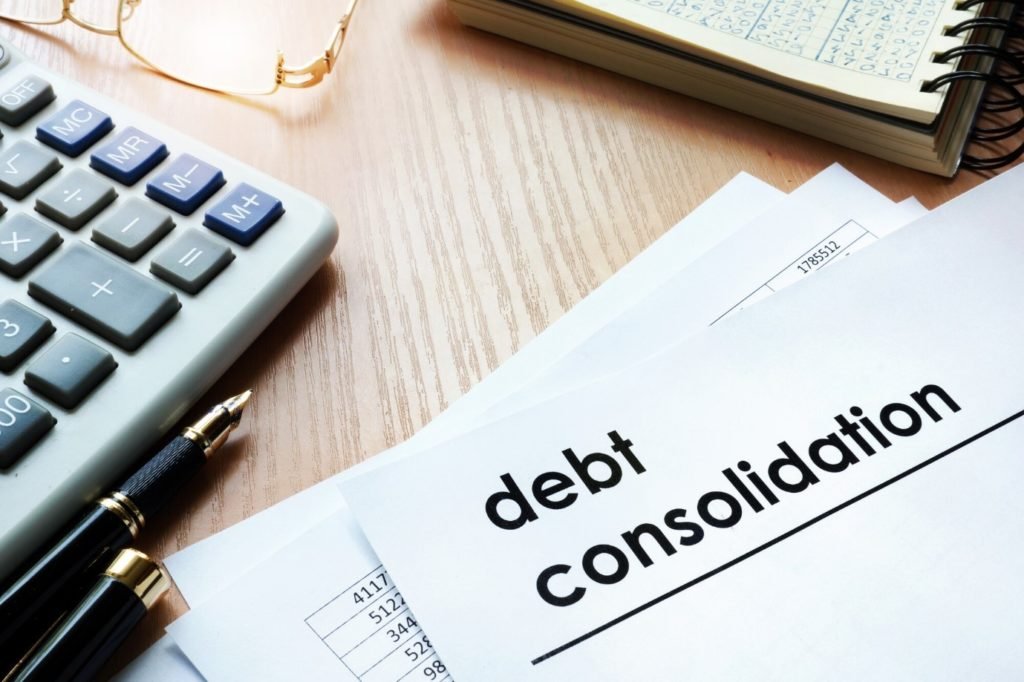The Real Work Starts After Consolidation
Debt consolidation sounds like a big relief when you are drowning in payments. Combining all your debts into one simple payment with a lower interest rate can feel like a fresh start. And it can be. But what many people do not realize is that debt consolidation is only part of the solution. What you do after consolidation is just as important, if not more so, than the consolidation itself. Without the right habits, you could easily slip back into the same financial stress you were trying to escape in the first place. This is true whether you are dealing with student loans, personal loans, or credit card debt relief. So let’s take a look at the top five things you should do after consolidating your debt to make sure you stay on the right track.
Stick to a Budget Like It Is Your New Best Friend
Before consolidation, your finances may have felt like a juggling act with payments scattered all over the place. Now that you have one payment to focus on, it is the perfect time to build a budget that works for you. Start by listing your income and fixed expenses. Then, figure out how much you have left for things like groceries, gas, and entertainment. A budget keeps you aware of where your money is going and prevents you from accidentally overspending. It also ensures you always have enough to cover your new consolidated payment. The key is to be realistic. Build some flexibility into your budget for fun and emergencies so you don’t feel trapped or discouraged.
Keep Those Credit Cards In Check
One of the biggest dangers after consolidating debt is falling back into bad credit card habits. Since consolidation often frees up your credit cards, it can be tempting to start using them again. But remember, those balances are what got you into trouble in the first place. The goal is to avoid adding new debt while you are paying off the consolidated loan. Some people even go as far as locking their credit cards away or removing them from online shopping accounts to avoid impulse spending. If you must use credit cards, treat them like debit cards and only charge what you can pay off in full each month.
Build An Emergency Fund So You’re Ready For The Unexpected
One of the most common reasons people fall back into debt is unexpected expenses. Medical bills, car repairs, or job loss can quickly throw off even the best financial plan. That is why building an emergency fund should be a top priority after consolidating your debt. Start small if you have to. Even a few hundred dollars can make a difference. Over time, aim for three to six months of living expenses. Having that safety net means you won’t have to rely on credit cards or loans the next time life throws you a curveball.
Keep An Eye On Your Credit Report
Debt consolidation can affect your credit in different ways depending on how it is done. For example, taking out a new loan to consolidate may cause a temporary dip in your credit score. However, making regular on time payments on your consolidated loan can help your score recover and even improve over time. Check your credit report regularly to ensure everything is accurate. You are entitled to a free credit report every year from each of the major credit bureaus. Monitoring your credit helps you catch any errors early and gives you motivation as you see your score improve.
Keep Learning About Personal Finance
Financial education does not stop once you consolidate your debt. In fact, this is the perfect time to keep learning and improving your money management skills. Read books, follow financial blogs, listen to podcasts, or even take an online course. The more you understand about budgeting, saving, investing, and responsible borrowing, the stronger your financial foundation will be. Knowledge gives you the power to make smarter decisions and avoid falling back into debt traps in the future.
Bonus Tip: Set New Financial Goals
Now that you have consolidated your debt and have a clearer financial path, think about what you want your money to do for you in the future. Maybe you want to save for a house, start a retirement fund, or finally take that vacation you’ve been dreaming about. Setting new financial goals keeps you motivated and gives your money a purpose. Just make sure these goals fit into your budget and don’t lead you back into debt.
Debt Consolidation Is A Tool, Not A Cure-All
It is easy to think that debt consolidation is the answer to all your financial problems. But it is really just a tool to help you manage your debt more effectively. The habits you build after consolidation are what will truly determine your long term financial success. With discipline, planning, and a commitment to staying on track, you can turn your consolidation into a real fresh start and build a future free from the stress of overwhelming debt.
Debt consolidation gives you a second chance. What you do with it is up to you. Make the most of it by following these steps, and you will be well on your way to lasting financial health.



